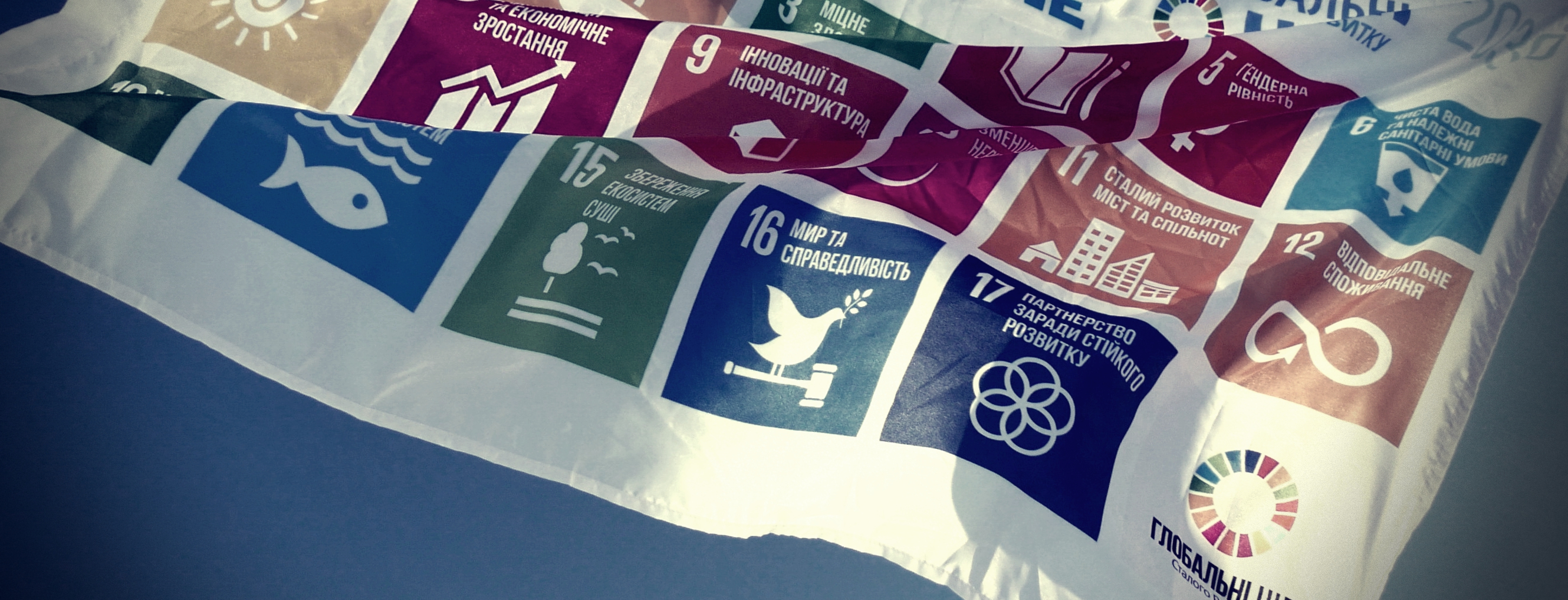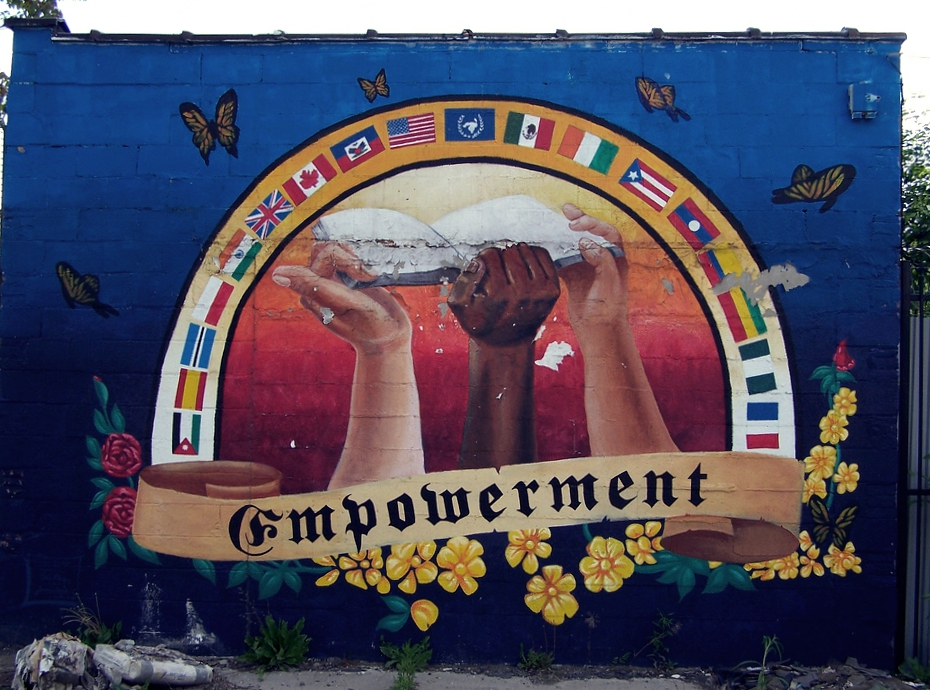By Steen Vallentin.
- On October 31, 2017 the new CSB Sustainability seminar series was launched
- With a room full of practitioners and academics, the topic “Materiality and Quantification” in CSR and sustainability reporting was discussed
- Diverse input for discussions were given by presentations by CBS, DTU and a practitioner in corporate sustainability reporting
Approximate reading time: 4-5 minutes
All we need is Materiality?
Materiality is arguably gaining significance in corporate approaches to CSR and sustainability. While strong narratives remain important, they do not suffice in a world filled with increasing amounts of data calling for transparency and factual assessment of corporate accomplishments, progress or decline. There can, however, be a price to pay for an increasing reliance on metrics and measurements. What happens to ethical and moral concerns, to fundamental values and the sense of overall purpose if CSR/sustainability is reduced to a technical matter of taking numbers and ticking boxes? This was the topic of the first in a new series of CBS Sustainability Seminars. Here is some background on the topic and the seminar series, plus some notes on the presentations of the day.
The rise of materiality in CSR and sustainability
Sustainability reporting and efforts to assess the materiality of corporate responsibilities toward the people and the planet are undergoing interesting transformations these years. Not only is sustainability reporting becoming a more and more widespread practice internationally, due to mandatory disclosure requirements and the institutionalization of standardized reporting formats such as GRI and integrated reporting. We are also, among other developments, witnessing corporate efforts to integrate adherence to the UN Sustainable Development Goals into non-financial reporting formats, including materiality assessment, and companies committed to set and communicate science based emission reduction targets (see Science Based Targets).
The new cbsCSR sustainability seminar series: research-based & multidisciplinary
Hence, “Materiality and Quantification” was an obvious choice as topic for the first event in the new series of CBS Sustainability seminars that will be taking place from the Fall of 2017 and onwards. The inaugural seminar took place on October 31 and featured three speakers: Professor Andreas Rasche from CBS, Frances Iris Lu (CBS and Maersk) and associate professor Niki Bey from the Technical University of Denmark (DTU).
The purpose of the seminar series is to forge closer ties between researchers at CBS and professionals from companies and organizations – to enable collaboration and easier access to each other’s knowledge and resources on an ongoing basis. And to build stronger relations among researchers at CBS. The USP of the network is that it is research-based and multi-disciplinary. One aim is to help bridge divides between knowledge silos and facilitate dialogue between different knowledge disciplines. Another aim is to broaden the scope of how we think and speak about sustainability, and to explore how far we can take this concept – in different indicated by its three pillars: environmental, economic, social. To this end, the seminar series will present many speakers from CBS and other research environments that would not ordinarily see their research as part of a sustainability agenda.
Materiality assessments are no moral assessments
In the first seminar, however, we were on familiar ground with regard to sustainability. Based on a forthcoming research paper (using data from the Netherlands and co-authored with Koen van Bommel and André Spicer), Andreas Rasche showed how sustainability reporting has gradually developed into being a more and more standardized and technical practice. A key concept in this research is commensuration, which refers to the process of transforming different qualities into a common metric. It reduces and simplifies ‘thick’ information into metrics that are comparable to other metrics. Over time, commensuration stimulates a standardization of the meaning of sustainability. When something is turned into a metric and standardized, it often leads to a crowding out of moral questions and concerns. Subsequently, sustainability reporting can be a driver of ‘amoralization’ processes by which questions of morality, values and purpose are replaced by technical performance measures. On the one hand, this technical and instrumental turn can be part of the explanation for why sustainability reporting has become so popular (because it sidelines ambivalence and difficult moral quandaries). This need not be an entirely negative outcome, as pointed out by a participant, because it can be an indicator of increasing business integration of sustainability. We do, however, on the other hand, need to be aware of the possible downsides of this proposed ‘technicalization of sustainability’.
Moving beyond ethical idealism – the price to pay for conquering the mainstream?
While this finding is based on a longitudinal empirical study, I have made a similar point in a conceptual paper reflecting on the effects of instrumentalization in the realm of CSR more broadly. To quote myself (at length):
“As a result [of instrumentalization], it is now all too easy to speak of CSR without making any mention of ‘ethics’ or bringing up moral issues or dilemmas; a development that can lead to a strangely depersonalized understanding of responsibility and which raises questions about the relevance of ethics for CSR altogether. Whether this is a problem or not is of course debatable. On the one hand, it can be considered as a sign of progress in the sense that the CSR debate (and CSR as corporate practice) has decidedly moved beyond ethical idealism and the subjectivity/arbitrariness that may be associated with individual values and choices. CSR has developed into a socially embedded, highly institutionalized and material phenomenon. On the other, it is worth pondering what, if anything, has been lost on the path to (apparent) victory in the public realm of ideas. Is the displacement of ‘ethics’ a sign that the responsibility discourse has lost its normative bearings and that this has been the price to pay for conquering the mainstream?”
A practitioner’s perspective on values & materiality: We can have it all – (can we?)
Frances Iris Lu gave a presentation of the evolution of materiality and materiality assessments in recent years, drawing on her experience from KPMG and Mærsk. She showed how materiality assessments can often, in practice, be rather loose exercises bereft of analytical rigor, but also how it is possible to add more rigor to the process. One key feature (and possible limitation) of a conventional materiality assessment is that it tends to focus strongly on the risk as opposed to the opportunity side of responsibility, making it difficult to reconcile with policies aiming to create (shared) value.
To bridge this gap, and to make room for the company values in the account of materiality, Mærsk has created a new ‘materiality beyond the matrix’ model. Frances presented this new and more comprehensive and multi-faceted model which accounts for materiality under the three headings: Risk, Shared Value, and Responsibility. Challenging the amoralization narrative presented by Andreas, Frances argued that we are seeing a sort of pendulum swing taking place in sustainability right now where values and purpose are getting more attention – alongside the continued focus on metrics.
Materiality and Quantification in practice: The Life Cycle Assessment Lens
Finally, Niki Bey brought the quantification of sustainability through Life Cycle Assessments (LCA) into the discussion. LCA is used as a general framework to avoid the problem of cost shifting across impact categories (e.g. using less plastic might ultimately increase food waste). Although the LCA is never completely objective, we need to try to approach matters of sustainability systematically and to focus on available facts – how far can we get in terms of what we know and what we can measure, instead of focusing on subjective criteria.
A participant mentioned enthusiastically that the LCA is the most important decision-tool she has ever worked with because it makes people able to move up and down in perspective and allow them to see the bigger picture in regard to sustainability and corporate responsibilities. While LCA is usually applied as a relative measure that can be used to compare and choose between different courses of action, it can also be applied in an absolute fashion, as with the Planetary Boundaries.
Overall, the seminar brought out as many questions as it did answers. We look forward to continuing this and other adventurous discussions in future CBS Sustainability seminars.
Steen Vallentin is Director of the CBS Centre for Corporate Social Responsibility (cbsCSR) and Associate Professor in the Department of Management, Society and Communication at Copenhagen Business School.
Pic by Miguel A. Amutio, edited by BOS.



